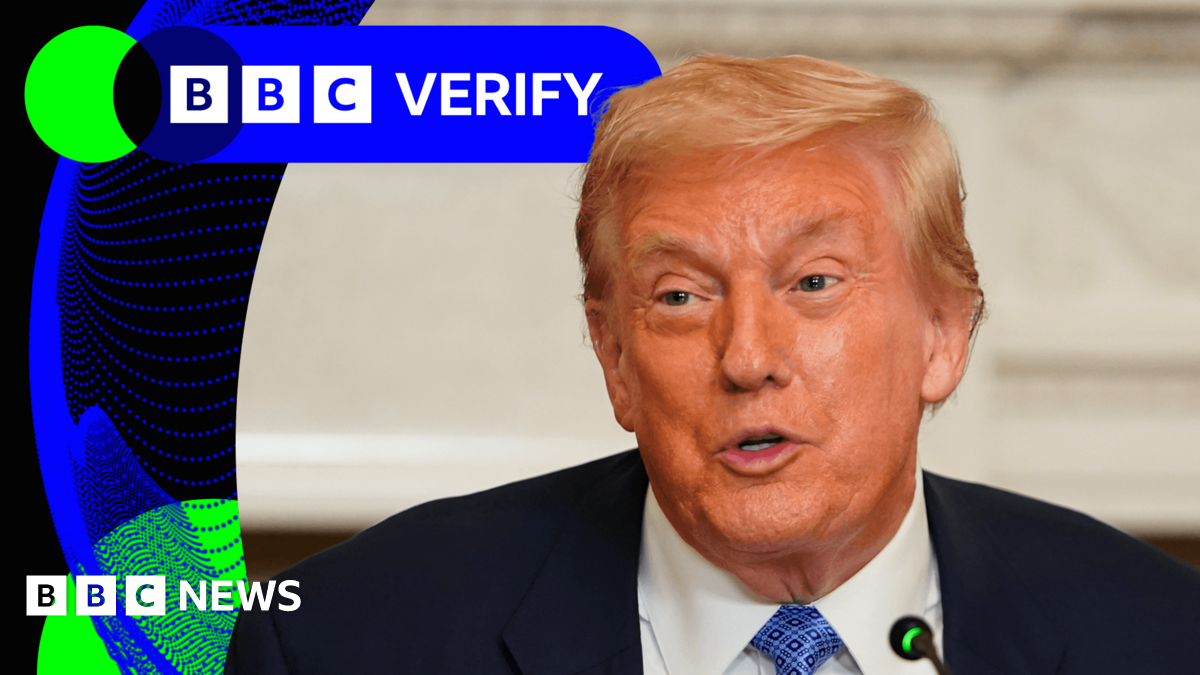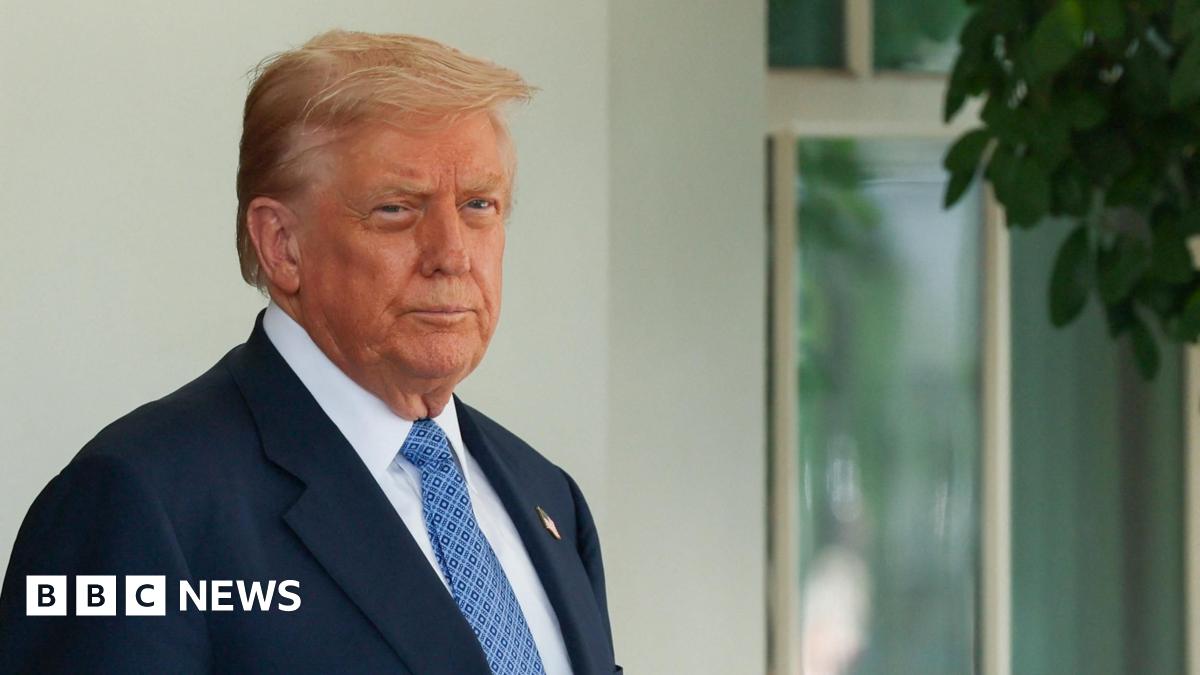The Trump Administration's Crackdown on Homelessness in Washington D.C.

Introduction
The Trump administration's crackdown on homeless encampments in Washington D.C. has left many individuals with limited options for shelter. As the city begins to clear out these encampments, the effects are starting to be felt by the homeless community. According to a report by The Washington Post, many of these individuals have expressed their concerns about where they will go and how they will survive in the midst of this crackdown.
The Reality for the Homeless
Living on the streets is a harsh reality for many individuals in Washington D.C. and the recent crackdown has only added to their struggles. With limited options for shelter and resources, many homeless individuals are left with few choices. The closures of shelters due to the pandemic have only exacerbated the situation, leaving many with nowhere to turn.
The Impact and Possible Solutions
The Trump administration's actions have caused an uproar from advocates for the homeless community. They believe that the crackdown only serves to further harm those who are already struggling. Many are calling for more resources and support for homeless individuals, rather than harsh measures. As the city continues to address this issue, it is important to consider the well-being of the homeless and find sustainable solutions to help them get back on their feet.
About the Organizations Mentioned
Washington Post
The Washington Post is a leading American daily newspaper headquartered in Washington, D.C., known for its influential political reporting and broad national audience. Founded in 1877 by Stilson Hutchins, it initially struggled financially and editorially until 1933, when financier Eugene Meyer purchased it out of bankruptcy and revitalized its reputation. The paper’s guiding principle, established by Meyer, was to "tell ALL the truth so far as it can learn it," setting a standard for rigorous journalism[1][2][4]. Under the leadership of the Meyer-Graham family—particularly Philip Graham, Katharine Graham, and later Donald Graham—the Post became a dominant force in American journalism. It expanded by acquiring rival publications and became Washington's principal morning newspaper, eventually holding a near-monopoly status in the region[1][4]. The paper gained international prominence for its pivotal role in publishing the Pentagon Papers in 1971, which exposed government deception regarding the Vietnam War, and for investigative reporting by Bob Woodward and Carl Bernstein during the Watergate scandal, which led to President Richard Nixon’s resignation in 1974[2][5]. The Post has earned 76 Pulitzer Prizes, ranking second only to The New York Times, and is regarded as a newspaper of record in the United States. Its journalists have received numerous prestigious awards, including Nieman Fellowships and White House News Photographers Association honors, reflecting its commitment to excellence in political and investigative journalism[2][5]. In 2013, the Graham family sold The Washington Post to Jeff Bezos, founder of Amazon, for $250 million, ushering in a new era focused on digital innovation and expanding its digital subscriber base, which reached 2.5 million by 2023. Despite a decline in print subscribers to below 100,000 by 2025, the Post remains a key player in business and technology news, maintaining foreign bureaus in London and Seoul to provide comprehensive global coverage[2]. Notable for its histori















